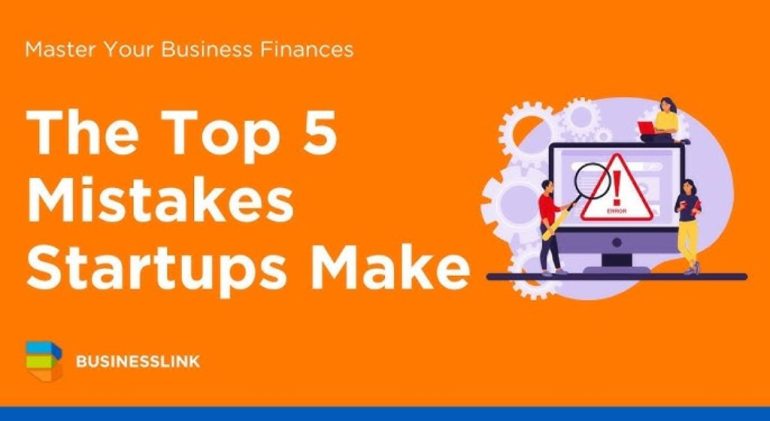Public relations (PR) can make or break a startup. Good PR builds credibility, attracts investors, and creates excitement. Bad PR, on the other hand, can damage reputations before a company even gets off the ground.
Many startups, eager to make headlines, fall into common traps. Here are the top five PR mistakes startups often make — and how to avoid them.
1. Waiting Too Long to Start PR
Many startups believe they need to wait until they have a finished product or major funding news to start doing PR. This is a big mistake. Building media relationships, creating a brand narrative, and generating buzz takes time.
If you wait until launch day to start PR, you’ll be rushing to catch up. It’s better to plant the seeds early — start conversations with journalists, build an audience on social media, and establish a voice in your industry long before your big announcement.
2. Focusing Only on Product Features, Not the Story
Startups often get caught up in talking about the technical details of their product. While those features might impress engineers or investors, they usually don’t make for compelling news stories.
Reporters — and their readers — want to know the bigger story. How will your product change lives? What problem are you solving? Why does it matter now? Successful PR tells a story that connects emotionally, not just intellectually.
3. Spamming Journalists with Generic Pitches
It’s tempting to send out mass emails to hundreds of journalists, hoping someone will bite. But this almost always backfires. Reporters can spot a generic pitch a mile away, and it shows a lack of respect for their time.
Personalization is key. Take time to research each journalist — what they cover, their writing style, and recent articles they’ve published. A thoughtful, targeted pitch has a much better chance of getting attention than a mass blast.
4. Overhyping and Under-Delivering
Startups are naturally excited about their vision, but it’s easy to slip into overpromising territory. Overselling your product — especially before it’s fully tested or ready — can destroy trust.
If customers or the press feel misled, it’s almost impossible to win them back. Be ambitious but stay grounded. Focus on the real value you can deliver today, not just the dream of what might come in five years.

5. Ignoring Crisis Preparation
Startups often assume that bad press or crises won’t happen to them — until it does. Whether it’s a product glitch, a customer complaint going viral, or a leadership controversy, having a crisis communication plan is essential.
Ignoring crisis planning can leave you scrambling when something goes wrong. Preparing key messages, spokesperson training, and quick response plans can help you navigate trouble with much less damage.
PR isn’t just about making noise; it’s about building trust, telling your story, and creating long-term relationships with the public and the media.
Startups that understand this early will be in a much stronger position to grow and succeed. Avoiding these common PR mistakes can mean the difference between becoming the next big thing — or the next big flop.

